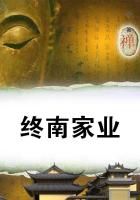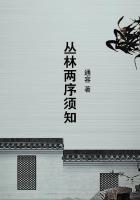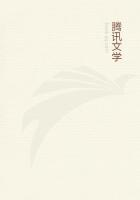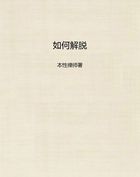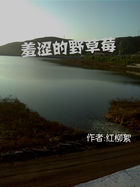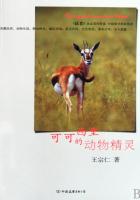In January 1879 I received a letter from Sheriff Barclay, of Perth, to the following effect: "Knowing the deep interest you take in genius and merit in humble ranks, I beg to state to you an extraordinary case. John Robertson is a railway porter at Coupar Angus station. From early youth he has made the heavens his study. Night after night he looks above, and from his small earnings he has provided himself with a telescope which cost him about 30L. He sends notices of his observations to the scientific journals, under the modest initials of 'J.R.' He is a great favourite with the public; and it is said that he has made some observations in celestial phenomena not before noticed. It does occur to me that he should have a wider field for his favourite study. In connection with an observatory, his services would be invaluable."Nearly five years had elapsed since the receipt of this letter, and I had done nothing to put myself in communication with the Coupar Angus astronomer. Strange to say, his existence was again recalled to my notice by Professor Grainger Stewart, of Edinburgh. He said that if I was in the neighbourhood I ought to call upon him, and that he would receive me kindly. His duty, he said, was to act as porter at the station, and to shout the name of the place as the trains passed. I wrote to John Robertson accordingly, and received a reply stating that he would be glad to see me, and inclosing a photograph, in which I recognised a good, honest, sensible face, with his person inclosed in the usual station porter's garb, "C.R. 1446."I started from Dunkeld, and reached Coupar Angus in due time. As I approached the station, I heard the porter calling out, "Coupar Angus! change here for Blairgowrie!"It was the voice of John Robertson.
I descended from the train, and addressed him at once: after the photograph there could be no mistaking him. An arrangement for a meeting was made, and he called upon me in the evening. Iinvited him to such hospitality as the inn afforded; but he would have nothing. "I am much obliged to you," he said; "but it always does me harm." I knew at once what the "it" meant. Then he invited me to his house in Causewayend Street. I found his cottage clean and comfortable, presided over by an evidently clever wife. He took me into his sitting-room, where I inspected his drawings of the sun-spots, made in colour on a large scale.
In all his statements he was perfectly modest and unpretending.
The following is his story, so far as I can recollect, in his own words:--"Yes; I certainly take a great interest in astronomy, but I have done nothing in it worthy of notice. I am scarcely worthy to be called a day labourer in the science. I am very well known hereabouts, especially to the travelling public; but I must say that they think a great deal more of me than I deserve.
"What made me first devote my attention to the subject of astronomy? Well, if I can trace it to one thing more than another, it was to some evening lectures delivered by the late Dr. Dick, of Broughty Ferry, to the men employed at the Craigs'
Bleachfield Works, near Montrose, where I then worked, about the year l848. Dr. Dick was an excellent lecturer, and I listened to him with attention. His instructions were fully impressed upon our minds by Mr. Cooper, the teacher of the evening school, which I attended. After giving the young lads employed at the works their lessons in arithmetic, he would come out with us into the night--and it was generally late when we separated--and show us the principal constellations, and the planets above the horizon.
It was a wonderful sight; yet we were told that these hundreds upon hundreds of stars, as far as the eye could see, were but a mere vestige of the creation amidst which we lived. I got to know the names of some of the constellations the Greater Bear, with 'the pointers' which pointed to the Pole Star, Orion with his belt, the Twins, the Pleiades, and other prominent objects in the heavens. It was a source of constant wonder and surprise.
"When I left the Bleachfield Works, I went to Inverury, to the North of Scotland Railway, which was then in course of formation;and for many years, being immersed in work, I thought comparatively little of astronomy. It remained, however, a pleasant memory. It was only after coming to this neighbourhood in 1854, when the railway to Blairgowrie was under construction, that I began to read up a little, during my leisure hours, on the subject of astronomy. I got married the year after, since which time I have lived in this house.
"I became a member of a reading-room club, and read all the works of Dr. Dick that the library contained: his 'Treatise on the Solar System,' his 'Practical Astronomer,' and other works.
There were also some very good popular works to which I was indebted for amusement as well as instruction: Chambers's 'Information for the People,' Cassell's ' Popular Educator,' and a very interesting series of articles in the 'Leisure Hour,' by Edwin Dunkin of the Royal Observatory, Greenwich. These last papers were accompanied by maps of the chief constellations, so that I had a renewed opportunity of becoming a little better acquainted with the geography of the heavens.
"I began to have a wish for a telescope, by means of which Imight be able to see a little more than with my naked eyes. But I found that I could not get anything of much use, short of 20L.

